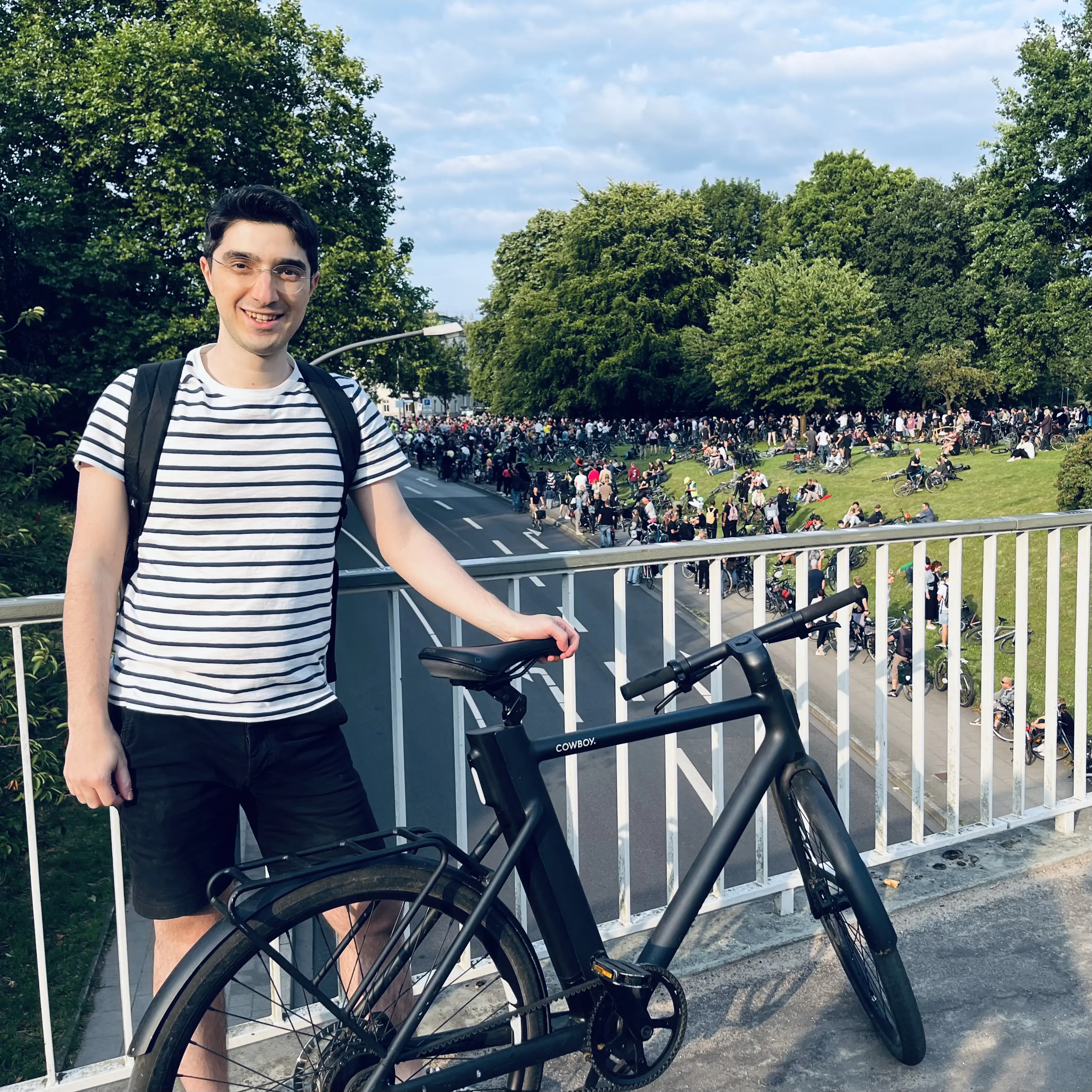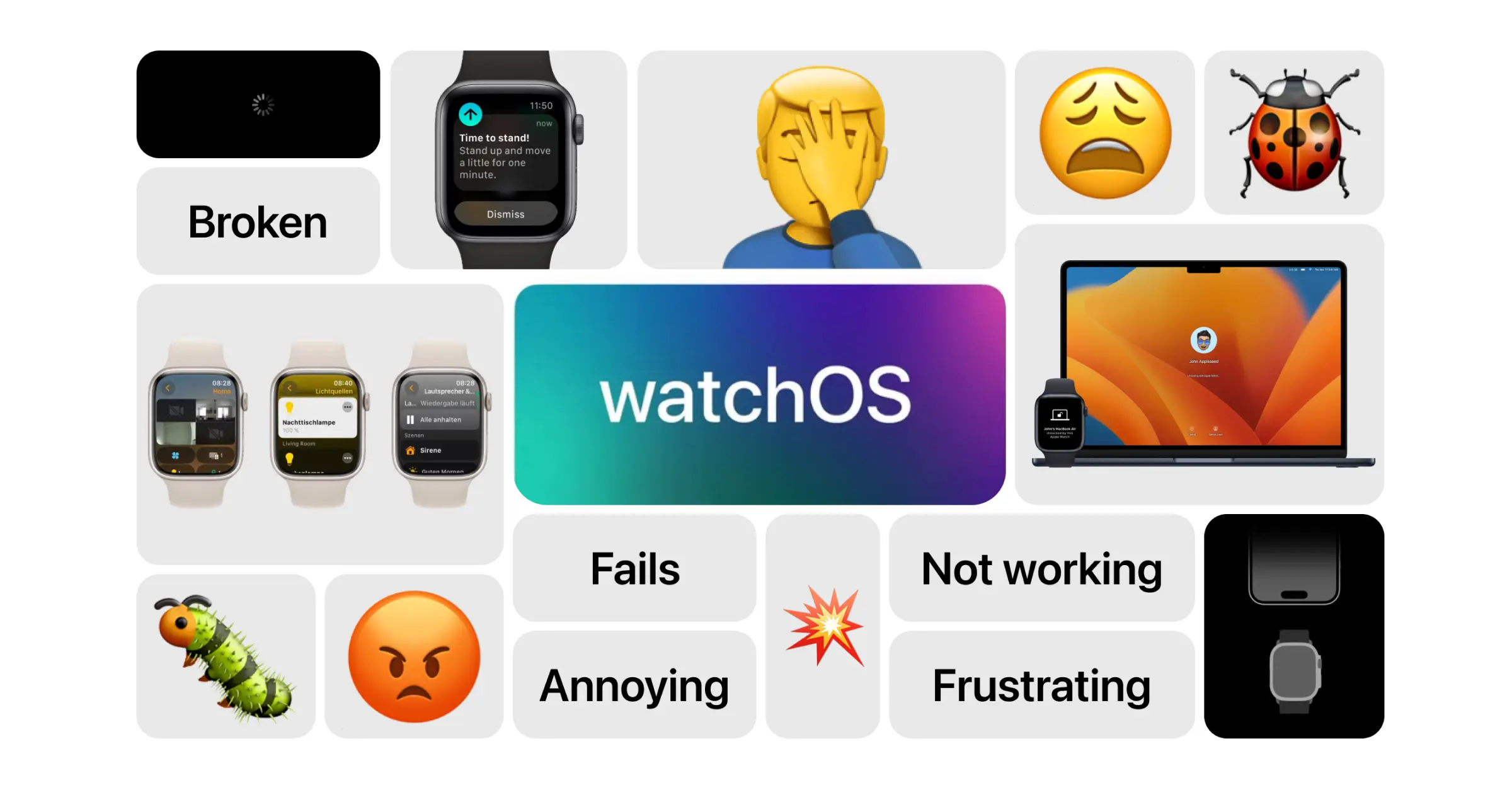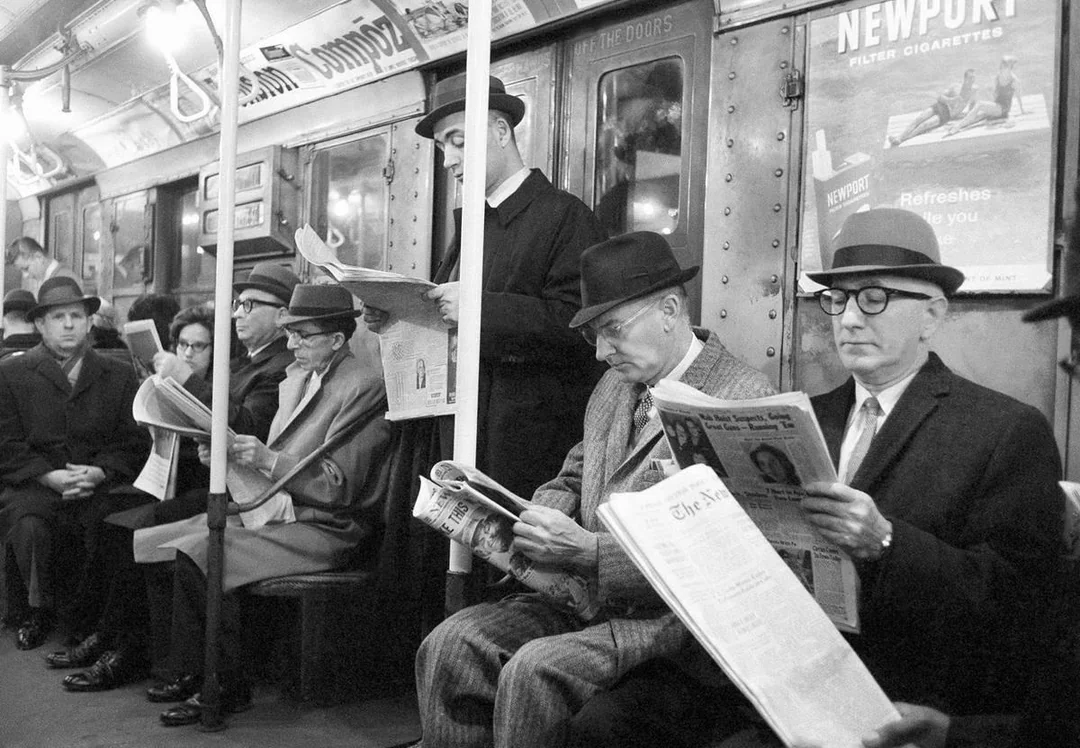I meant to write this blog post on my 30th birthday, but I didn’t have the energy at the time, and there were still a lot of things I hadn’t figured out. Now that I’m turning 31, I want to look back on the last ten years. When I turned 30, I started to realize that some things in life can’t really be explained—you have to live through them to truly get it. So I’m writing this post not to give advice to younger people, but more as a record for myself. Something I can look back on when I turn 40 and see how far I’ve come.
School
Even though I was an average student, I never really liked going to school. Most of the time, I found it boring. Looking back, I feel like I wasted a lot of time there. In Turkey, the education system tends to reward students who are good at memorizing things—which I wasn’t. So I stayed average until I started studying Computer Science. That’s where things changed for me. What mattered there was understanding the topic, not memorizing it. The homework involved writing code and solving real-world problems. That shift made a big difference, and I ended up graduating second in my class with high honors.
Having a diploma (which I still haven’t picked up from the university) is nice, I guess, but I haven’t really needed it—except when I applied for the Blue Card in Germany. And now that the rules have changed and three years of work experience is enough, I’m not sure the degree itself matters all that much anymore. Don’t get me wrong—the things I learned were interesting, and I had some great teachers. But I’ve barely used any of it in my actual work. My summer internships after my second and third year had a much bigger impact on my career than all eight semesters of classes. That said, getting the Erasmus Scholarship was a big plus. It gave me the chance to do an internship in Hamburg, which later helped me move to Germany.
Germany
When I first came to Hamburg for an internship, my plan was simple: get some experience in Europe so it would help me find a better job back in Turkey. But I never got to that point—before I even finished my studies, I got a job offer and moved to Hamburg to work full-time at the same place.
I’ve always had high expectations, but living in Hamburg completely blew me away. The city and the people I’ve met over the past seven years have been amazing. I honestly fell in love with this place. A funny thing—someone I met recently, who had just moved to Hamburg, said I was the only person he’d met who didn’t complain about the weather. That’s how much I enjoy living here.
Hamburg taught me what I really want from a city. What kind of people I want around me, how I want to move through a city, how big it should be, what kind of political values it should have, and what kind of experiences it should offer. Thinking about all that, I realized Hamburg fits me perfectly. I can’t think of a reason to leave. It feels like the kind of place I could live for the rest of my life.
Another surprising thing was how naturally I fit into life here. Before moving, I had a certain idea of how I wanted to live—and when I arrived, I saw people here were already living that way. That made integrating super easy. In fact, many of the Germans I’ve worked with told me I’m “more German than most Germans.” That’s how well I clicked with the culture. Lately, I’ve been working on improving my German so I can enjoy life here even more.
Work
Including my internships, I’ve had the chance to work at five different companies across a mix of cultures—Turkish, German, and Canadian. They also varied in size, and altogether, I’ve spent about nine years working (some of it part-time). These experiences have taught me a lot and really shaped how I think about work.
When I started out, I was very ambitious and enthusiastic. But over time, I realized that my energy didn’t always match the companies I worked for. That mismatch usually led to frustration. It took a while, but I learned that how much money I make isn’t the most important thing. What matters most is who I spend those eight hours a day with. It sounds simple, but it took me years to fully understand that.
At the companies I worked for, I met incredibly talented people. I learned a lot from them and I’m really grateful for that. But I also had to deal with toxic coworkers, incompetent managers or visionless CEOs, and those experiences showed me how much work can affect your mental health. And no amount of money is worth that kind of stress.
I used to wonder why some people stayed at the same company for five or even ten years. But when I turned 30, I finally got it. They stayed because they wanted stability. They liked the people they worked with. They were okay with where they were in life. For them, work was just work—something that paid the bills. And keeping that mindset helped them protect their mental health. You can hear someone say that, but you don’t really understand it until you’ve lived through it yourself.
In the end, I came to see work as just one part of life—not the whole thing. Earning more isn’t the goal anymore. What matters is finding a good balance, being around good people, and using your time and money to actually enjoy your life. At the same time, I can’t imagine myself working full-time, 40 hours a week, for the rest of my life. I’m honestly still surprised that this is seen as “normal.” There’s so much to explore and experience in the world, yet we spend most of our time working.
Of course, when you look at average working hours, Germany is one of the countries with the lowest numbers. So I guess people here already figured that out—which makes me think, once again, that I’m living in the right place.
Being Online
This one’s a bit connected to work—I’ve come to realize that I spend about a third of my life in front of a computer. And with social media and everything else online, I’ve also noticed that I’ve become kind of addicted to being in the digital world. It’s started to bother me, especially because most of my hobbies, like blogging, also involve a screen.
This is something I really want to change before I turn 40. I want to step away from the screen as much as I can and start doing more things with my hands. I don’t think I want to spend the rest of my life staring at a monitor. Finding offline hobbies, getting into more physical or creative work, and being more present in the real world are all things I want to focus on in the next decade.
Hobbies
When it comes to hobbies, the one thing I’ve done consistently over the years is reading. Even though I’ve been reading a bit less in the past couple of years, I still managed to read over 300 books in the last decade. I honestly can’t think of another activity that brings me as much joy and satisfaction. I want to keep reading for the rest of my life.
Alongside that, I also started blogging again—though I’ve stopped and restarted a few times. Just this year, I made the decision to write more regularly, and I really want to stick with it. I also started a podcast with a friend, and this year we’re celebrating our fourth anniversary. Every two weeks, around 4.000 people listen to it, which still feels a bit surreal.
For most of this time, I wasn’t really into sports, and looking back, I think that was one of my biggest mistakes. In the last few months, I finally started to understand the importance of staying active. Sure, I was cycling around Hamburg all the time, but that never felt like real exercise to me. Last year, I got into bouldering and found that I really enjoy it. I also started hiking, which has been a great way to explore places on the edge of the city and nearby towns.
More recently, I’ve started strength training and running. I really wish I had started both much earlier. They’re not easy, but the feeling you get after a good workout is hard to explain—you just have to experience it. If there’s only one piece of advice to take away from this post, it’s this: do 20–30 minutes of exercise that gets your heart rate above 100 bpm. You won’t regret it.
Besides these hobbies, I’m hoping to add more that involve other people—something social, something shared. I’ve spent a lot of time doing things alone, and I want to balance that out in the next chapter of my life.
Nothing is Binary
One of the biggest milestones for me at 30 was becoming a more tolerant, empathetic, and thoughtful person. Before that, I used to hold onto my opinions pretty tightly. I’d often think, “If you don’t see things the way I do, then you must be wrong.”
But over time, I realized that every single person comes from a different background. We grow up in different cultures, have different childhoods, face different challenges—and all of that shapes how we see the world. Once I truly understood that, I stopped being judgmental.
Instead of ignoring opinions that didn’t match mine, I started listening more. I tried to understand where people were coming from. That shift helped me connect better with people from all kinds of backgrounds. It also made me more open to changing my mind, admitting when I was wrong, and seeing that life isn’t just black and white. There are so many shades in between.
There’s no absolute truth for most things in life—only tradeoffs, perspectives, and stories that make sense when you take the time to step into someone else’s shoes. And I think that’s probably the biggest change I’ve gone through since turning 30.
Turning 30 didn’t suddenly make everything clear, but it definitely marked the start of seeing things differently. I’ve learned a lot in the past decade—about work, people, habits, and most importantly, about myself. I’ve made mistakes, changed my mind, let go of things I once thought were non-negotiable, and discovered new parts of myself along the way.
I don’t know what the next decade will bring, but right now, I feel grateful and genuinely happy with where I am. I feel content. I feel free—like I can do whatever I want with my life. Reaching 30 was a big milestone for me, and now, I’m looking forward to 40.







